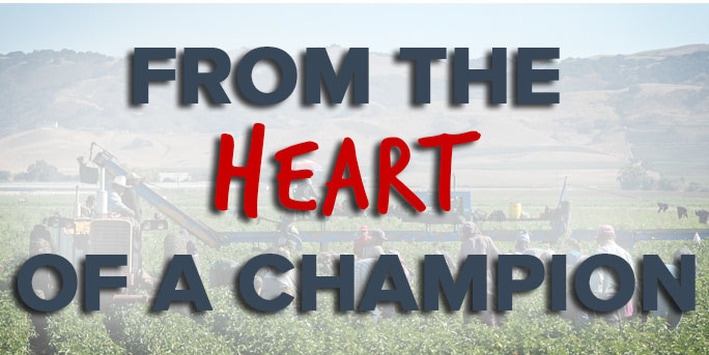 NCFH, with support from Consumer Reports Best Buy Drugs (CRBBD), has produced a collection of health education resources for health centers, including digital stories, accompanying health briefs, and consumer factsheets. Covering a range of topics including Asthma, High Blood Pressure, and Diabetes (with more topics coming soon), these resources are free to use and easily accessible. Digital Stories & Accompanying Briefs Digital Stories All digital stories are about five minutes long and are a great way to promote health information and offer support to patients that have been recently diagnosed with particular health issues. Each story highlights one person's experience in managing their diagnosis, provides health awareness, and engages community members in taking charge of their health. The digital stories are bilingual, narrated in Spanish with English subtitles. Health Briefs The accompanying health briefs are easy to follow tips on how to manage diagnoses addressed in the digital stories. These are great to print for clinicians to use as handouts for newly diagnosed patients, for health educators to use in the community, and to have in your clinic as information reference tools. Click Here for Digital Stories and Health Briefs Factsheets Factsheets on affordable medications recommended by CRBBD are also available. Topics include Diabetes, Heart Disease, Menopause, Depression, and many others. These are easy to read and available in both English and Spanish. Click Here for Factsheets Contact: Patricia Horton([email protected])  Ivory Lopez serves as a Registered Dental Assistant at Community Health Development, Inc. (CHDI) in Uvalde Texas. This is Ivory’s story, shared with her fellow CHDI staff members when she returned from the 2016 Midwest Stream Forum for Agricultural Worker Health. I never really knew why it was so important to get the word out there about our health centers and what we can provide for agricultural workers. In all reality the Ag workers are the key to our food system, it’s because of their hard work and their hard labor we have food on our tables. While at the Midwest Stream Forum, these questions came up: “What is your story?” and “Why do you care?” Until I really thought about it, I didn’t think I had a story. But, my grandfather, who is an immigrant from Mexico, got his visa and is now working on a ranch with horses. He's on a fixed income and can't afford too much, he comes to us at CHDI to get his medications and lab work, and I think it’s awesome that we go by sliding fees. Health coverage is very expensive and if it wasn't for health centers like ours, I’m not sure what or where people like my grandpa would go. The fact that Ag workers don’t know about our services, and the help that’s out there, makes me want to get involved. With our generation, now I feel like no one is willing to work like they do, we don’t have that work ethic like they do. I feel like we need reminding of what they go through because our parents, our grandparents and ancestors did most of this work at some point. This is part of our history. How I can implement what I learned into my work is spreading the word to everyone. We had a speaker tell us his story. He talked about his grandma praying to the Lord and how she was always doing the sign of the cross on his forehead and blessing him. It was routine that every night and every morning his grandma prayed for him. He talked about growing up when people would come to his home, his mom welcoming them with open arms and treating them like her home was their home. That’s how we need to be with our patients--welcome them with open arms and treat them like nothing in the world matters but them at that time. I feel like sometimes we forget these patients come to us when they’re in pain, hurting or just not feeling well. As an agricultural worker you’re always in danger of pesticide exposure in the fields and lead poisoning; some suffer from diabetes, hypertension, cancer, tuberculosis, asthma, and don’t even know it. All of these conditions require medication and regular routine check-ups with the doctor. We need to make sure we are making them feel at home. What I plan to bring back to staff is tell them more about these agricultural workers. Working in the back dealing with procedures every day I really never knew the importance of agricultural workers and I now know it’s who we are, it’s the appreciation for everything they do. The job can be unpleasant and undesirable but yet agricultural workers never really show it; most of them are pleased to just be working and having an income to take care of their families. They don’t know about all of our services here at the health center; we need to put the word out there so we can help them, let them know we are here for them. |
The National Center for Farmworker HealthImproving health care access for one of America's most vulnerable populations Archives
July 2024
Categories
All
|


 RSS Feed
RSS Feed